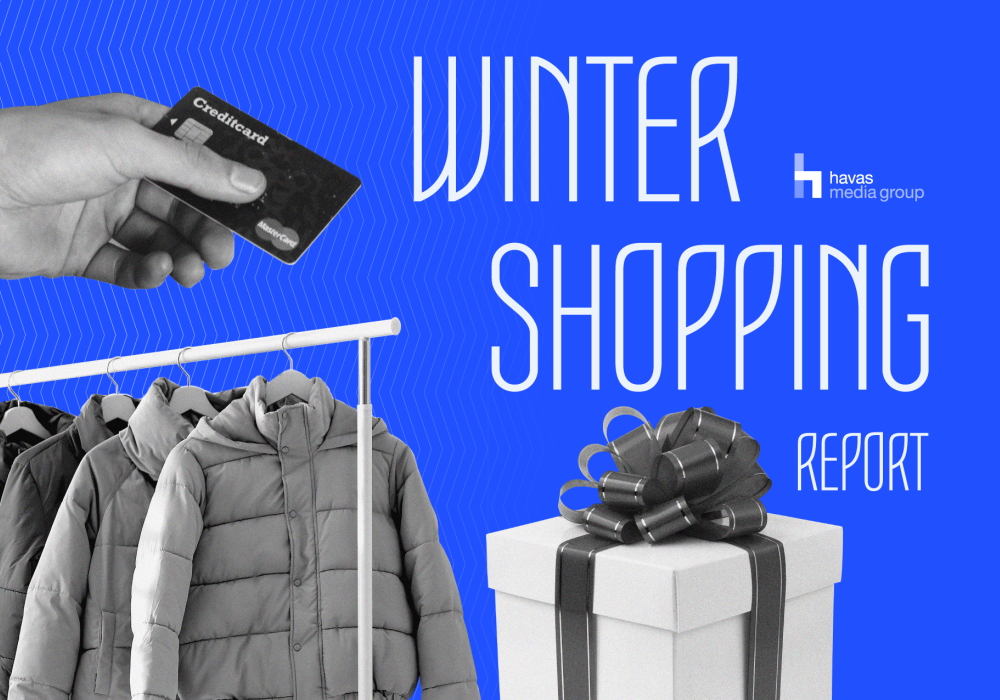Consumers will prioritise bargains, close loved ones and hybrid shopping experiences this festive season, as the cost-of-living crisis increasingly puts a strain on people’s finances, research from Havas Media Group UK has found.
Consumers are expecting to spend less on Christmas this year, with 73% pointing to the cost-of-living crisis as their reason for cutting back. However, this number falls to 61% when looking at 18- to 24-year-olds. Moreover, the younger population is also most likely to increase their spending this year, with 14% of them saying they will spend more.
“Our latest study paints a fascinating picture of the way in which consumer attitudes towards winter shopping have changed post-Covid and in light of growing financial pressures. With a greater need to economise this year, many people are seeking out bargains and prioritising gifts for their closest loved ones,” said Laura Bebbington, Managing Partner, Insight at Havas Media Group.
“In contrast, younger consumers are displaying less caution with their spending on both Black Friday and Christmas this year, perhaps indicating that they’re more positive about the road to recovery from the cost-of-living crisis, or the long-term impact on their finances.”
The survey of 1,000 Brits found that, for 65% of consumers, getting good deals is particularly important. This is especially clear with 25- to 24-year-olds, with 75% placing bargains as more important than last year. Because of this, there is excitement around Black Friday for 36% of respondents, with younger people once again more likely to feel this way.
Brits in 46% of cases are expecting retailers to make bigger discounts this festive season – a figure which grows to 55% in 18- to 24-year-olds.
The research also found that, for 30% of consumers, the main focus will be on gifts for immediate family this Black Friday, with intention to purchase gifts for friends, wider family, and self-gifting all falling significantly compared to last year.
When it comes to Christmas shopping, gifts for immediate family will also be a priority for 65% of respondents, with buying for wider family and friends also down significantly. Furthermore, consumers are most likely to buy less expensive gifts this Christmas (59%), with 45% spending less on food, and 43% buying gifts for few people.
As a result of the legacy of the pandemic, Brits are now more likely to do their Black Friday shopping in a hybrid way, with 25% intending to do their shopping both online and in-store. Meanwhile, for Christmas, 52% of respondents plan to do their shopping in a hybrid way.
“Post-Covid, and in the current financial climate, consumers are more conscious of how and where they spend their money, so brands will need to make an effort to promote the online and offline experience synchronously, so that the consumer feels captivated, part of the process and in control of their choices,” said Pedro Ramos, Head of Ecommerce at Havas Market.
“We also see big variations in attitudes to spending this festive period, meaning that brands should take a highly-targeted, personalised approach to Black Friday and Christmas communications, harnessing the most meaningful media that offers a seamless path-to-purchase and enables people to shop quickly and easily this festive season.”











